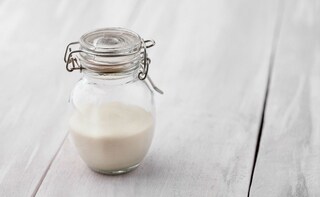‘Extra virgin’ is a concept most of us associate with olive oil, almost instantly. EVOO has held a celebrated spot in the kitchens for many years, with its incredible properties and health benefits being raved about far and beyond. Joining this exclusive category in recent times is the tropics’ very own coconut as extra virgin coconut oil.
Advertisement
Advertisement
Advertisement
Advertisement
For the latest food news, health tips and recipes, like us on Facebook or follow us on Twitter and YouTube.
Advertisement
Tags:
